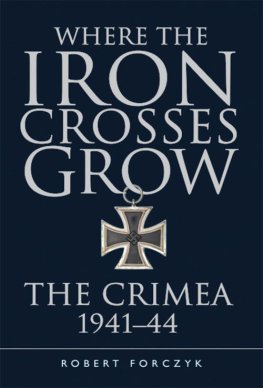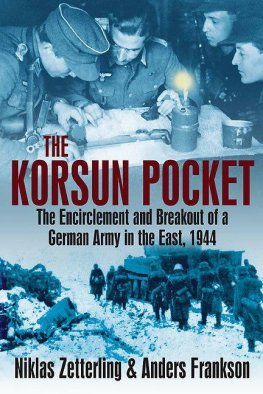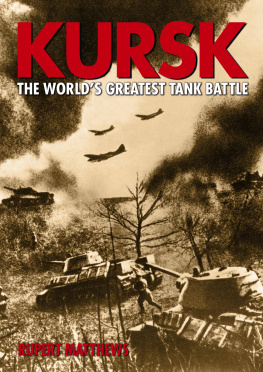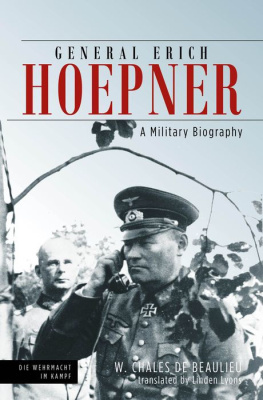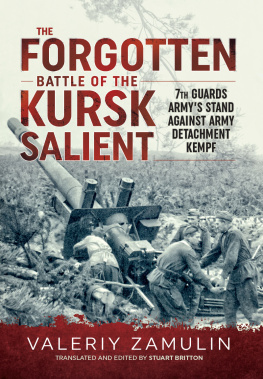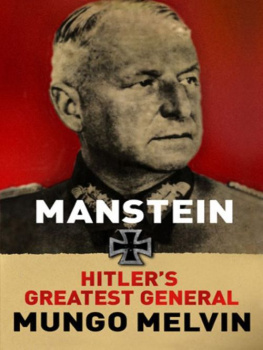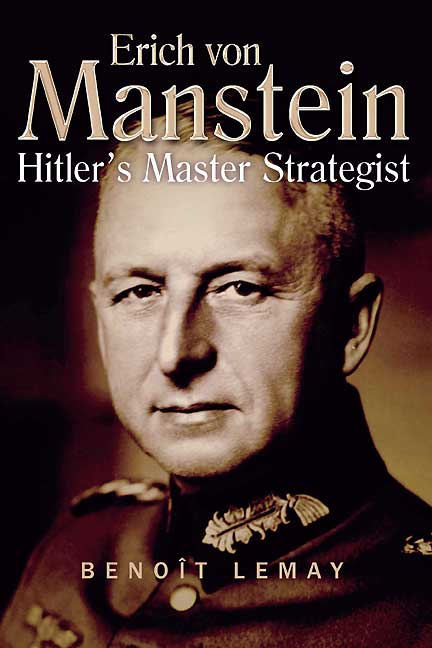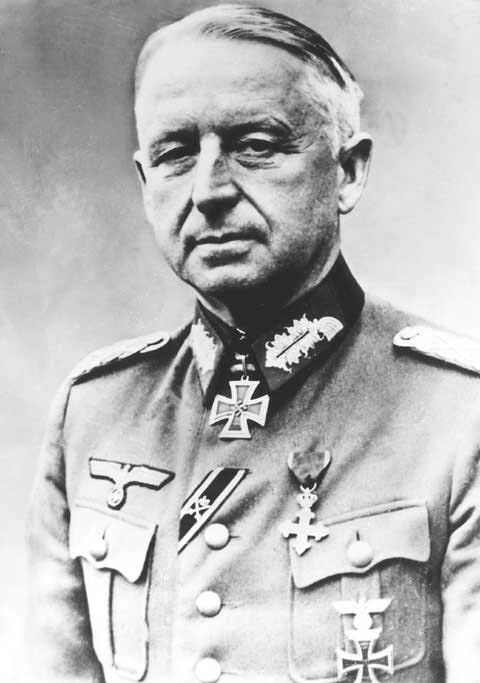Benoît Lemay - Erich Von Manstein: Hitlers Master Strategist
Here you can read online Benoît Lemay - Erich Von Manstein: Hitlers Master Strategist full text of the book (entire story) in english for free. Download pdf and epub, get meaning, cover and reviews about this ebook. year: 2010, publisher: Casemate Publishers (Ignition), genre: Science. Description of the work, (preface) as well as reviews are available. Best literature library LitArk.com created for fans of good reading and offers a wide selection of genres:
Romance novel
Science fiction
Adventure
Detective
Science
History
Home and family
Prose
Art
Politics
Computer
Non-fiction
Religion
Business
Children
Humor
Choose a favorite category and find really read worthwhile books. Enjoy immersion in the world of imagination, feel the emotions of the characters or learn something new for yourself, make an fascinating discovery.

- Book:Erich Von Manstein: Hitlers Master Strategist
- Author:
- Publisher:Casemate Publishers (Ignition)
- Genre:
- Year:2010
- Rating:3 / 5
- Favourites:Add to favourites
- Your mark:
Erich Von Manstein: Hitlers Master Strategist: summary, description and annotation
We offer to read an annotation, description, summary or preface (depends on what the author of the book "Erich Von Manstein: Hitlers Master Strategist" wrote himself). If you haven't found the necessary information about the book — write in the comments, we will try to find it.
To many close students of World War II, Erich von Manstein is considered the greatest commander of the war, if not the entire twentieth century. He devised the plan that conquered France in 1940 and led an infantry corps in that campaign. At the head of a panzer corps, he reached the gates of Leningrad in 1941, then took command of 11th Army and conquered Sevastopol and the Crimea. After destroying another Soviet army in the north, he was given command of the ad hoc Army Group Don to retrieve the German calamity at Stalingrad, whereupon he launched a counteroffensive that, against all odds, restored the German front. Afterward, he commanded Army Group South, nearly crushing the Soviets at Kursk, and then skillfully resisted their relentless attacks as he traded territory for coherence in the East.
Though an undoubtedly brilliant military leaderwhose achievements, considering the forces at his disposal, rivaled of Patton, Rommel, MacArthur, and Montgomerysurprisingly little is known about Manstein himself, save for his own memoir and the accolades of his contemporaries. In this book, we finally have a full portrait of the man, including his campaigns, and an analysis of what precisely kept a genius like Manstein harnessed to such a dark cause.
A great military figure, but a man who lacked a sharp political sense, Manstein was very much representative of the Germano-Prussian military caste of his time. Though Hitler was uneasy about the influence hed gained throughout the German Army, Manstein ultimately declined to join any clandestine plots against his Fhrer, believing they would simply cause chaos, the one thing he abhorred. Though he constantly opposed Hitler on operational details, he considered it a point of loyalty to simply stand with the German state, in whatever form. Though not bereft of personal opinions, his primary allegiances were, first, to Deutschland and, second, to the soldiers under his command, whod been committed against an enemy many times their strength.
It is thus through Manstein that the attitudes of other high-ranking officers who fought during the Second World War, particularly on the Eastern Front, can be illuminated. This book is a well-researched, convincingly reasoned analysis of a general widely considered one of WWIIs great commanders (Publishers Weekly).
Includes photographs.
Benoît Lemay: author's other books
Who wrote Erich Von Manstein: Hitlers Master Strategist? Find out the surname, the name of the author of the book and a list of all author's works by series.

